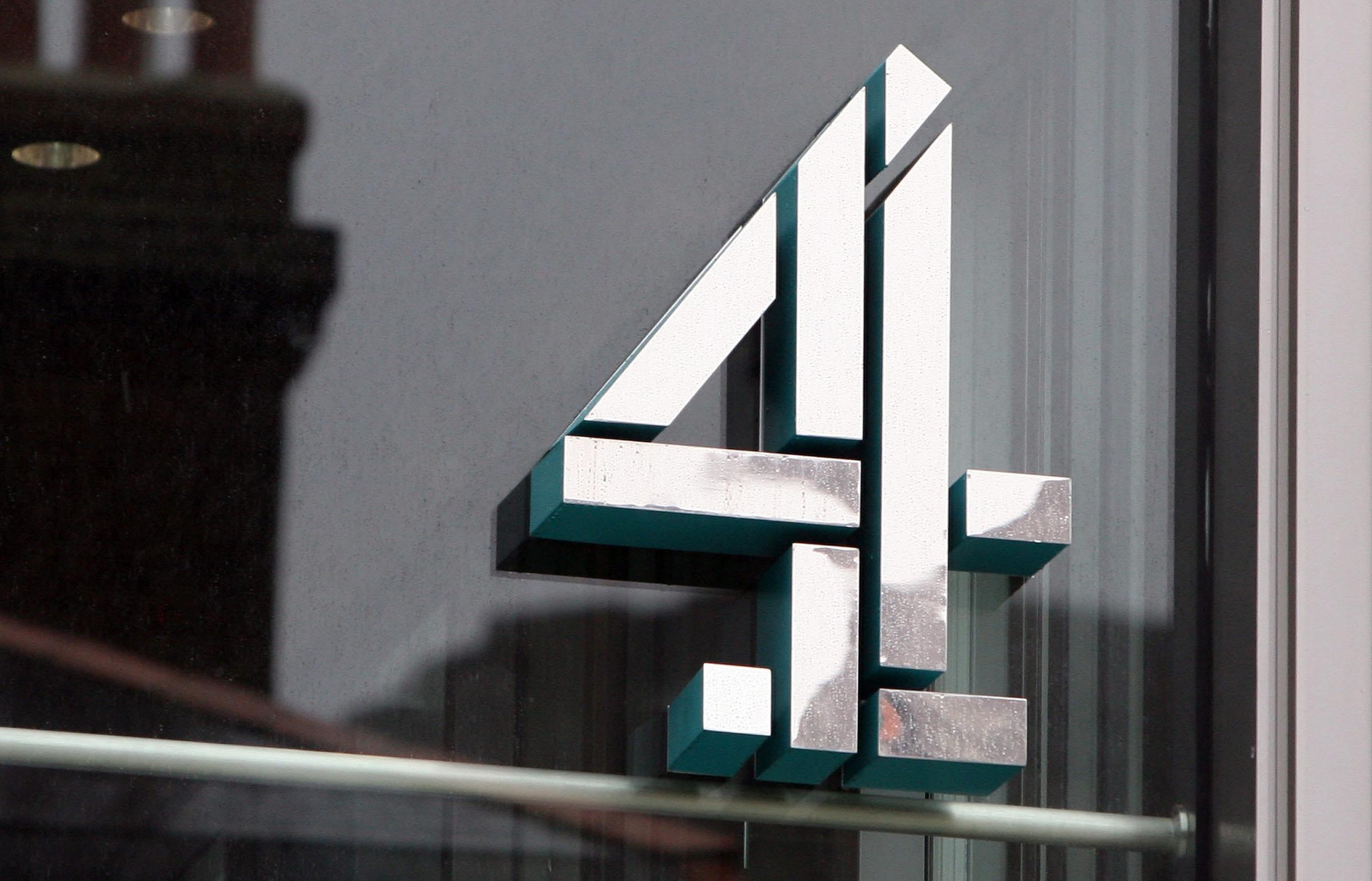Privatising Channel 4 ‘could result in £2bn being lost to creative economy’
The report was produced for the broadcaster by accountancy firm EY.

Your support helps us to tell the story
From reproductive rights to climate change to Big Tech, The Independent is on the ground when the story is developing. Whether it's investigating the financials of Elon Musk's pro-Trump PAC or producing our latest documentary, 'The A Word', which shines a light on the American women fighting for reproductive rights, we know how important it is to parse out the facts from the messaging.
At such a critical moment in US history, we need reporters on the ground. Your donation allows us to keep sending journalists to speak to both sides of the story.
The Independent is trusted by Americans across the entire political spectrum. And unlike many other quality news outlets, we choose not to lock Americans out of our reporting and analysis with paywalls. We believe quality journalism should be available to everyone, paid for by those who can afford it.
Your support makes all the difference.The privatisation of Channel 4 could result in around £2 billion being lost in the creative sector, according to new research commissioned by the broadcaster.
The Government is currently consulting on plans to privatise the channel, which could be sold off to a private buyer.
At present the channel is owned by the Government and receives its funding from advertising.
The new report, which was created for Channel 4 by accountancy firm EY, said the £2 billion decrease in funding for the cultural sector would represent a 29% reduction in the broadcaster’s contribution to its supply chain.
Of the potential £2 billion reduction in the creative economy, which would be transferred to a new private owner, around £1 billion of the lost funding would be from outside London it added.
The number of jobs supported by Channel 4 in its supply chain outside London is estimated to decline by 35%, or 1,250 jobs, for each of the next 10 years.
“Given Channel 4’s current level of spend with external producers outside London, privatising Channel 4 and removing the publisher-broadcaster model could have a disproportionate impact on the wider creative economy in the nations and regions,” the report said.
A private owner could “be incentivised to prioritise mainstream content that it expects to be commercially successful to reduce costs and maximise profits”, it added.
“Operating as a not-for-profit organisation, Channel 4 can take risks on emerging talent, acting as a first ‘big break’ for new writers and talent,” according to the report.
“Nurturing talent from an early stage carries a level of risk that the new owner of Channel 4, faced with an incentive to generate returns for shareholders, may not have the appetite for.”
A privatised Channel 4 may also commission more content that appeals to a global audience in an effort to maximise profits, “potentially undermining the role that public service broadcasters play in representing the UK to the rest of the world”.
The Government has said it is consulting on privatisation because it wants to ensure the long-term survival of the channel.
A spokesman for the Department for Digital, Culture, Media & Sport said the report’s findings are “welcome”.
“However it makes a number of unevidenced assumptions about the choices a potential buyer might make,” he added.
“Ministers are clear that Channel 4’s PSB remit, its ability to make distinctive content and its work with independent producers are precisely the strengths they’d expect any buyer to nurture and develop through new investment.”